Engaging the Next Generation: A Conversation on Female Genital Mutilation/Cutting

By Katie Bai On Tuesday, February 18th, Sahiyo had the privilege of speaking to students at a Connecticut high school government class at the Academy of Information Technology & Engineering in Stamford, Connecticut (CT). Our presentation focused on the impact of female genital mutilation/cutting (FGM/C) on Connecticut communities, the urgent need for state laws, and ways students can actively engage in advocacy. We began our talk by introducing the history of FGM/C in the United States and then discussed the prevalence of the harmful practice in Connecticut. From there, we shared a survivor’s story from Sahiyo’s Voices to End FGM/C digital storytelling project, discussed the 2025 Bill that seeks to protect children from FGM/C, and concluded with ways in which students could get involved in addressing this issue. From the moment we began, it was clear that these students were deeply engaged and interested in what they could do to get a law passed in the state. The students demonstrated a strong grasp of both the policy landscape and the human rights implications of FGM/C. Their curiosity and critical thinking skills were evident as they asked about the legal gap between the federal ban on FGM/C and the state law, understanding that state laws must be comprehensive in protection for survivors and offer opportunities for education and outreach for communities. The students were also able to see the important role that cultural sensitivity plays in advocacy efforts, and they asked additional questions like: “Is there any correlation on the state level between FGM/C and abortion laws?”, “Are Latin American countries experiencing FGM/C or is there simply a lack of data?”, “Why did the CT bill to ban FGM/C die in 2018?” Seeing these young minds so eager to be part of the solution reaffirmed the importance of these conversations and the power of education in mobilization. One of the key takeaways from our discussion with the students was that FGM/C is not just an issue happening “somewhere else.” It is a concern within the state of Connecticut, impacting real people in ways that often go unnoticed. We amplified the importance of closing legal loopholes and ensuring that survivors and at-risk individuals of FGM/C have the protections and support they need at the state level. We hope any legislation in Connecticut will address these components. As presentation facilitators from Sahiyo, we left the Academy of Information Technology & Engineering feeling hopeful and energized by the students. If the students in this class are any indication of the next generation of leaders, the future looks incredibly promising – but only if we all take action to protect it. A huge thank you to the students and their teacher, Claude Morest, for welcoming our team to speak and for their commitment to learning about and addressing this critical human rights issue. At Sahiyo, we strive to continue conversations through education programs and advocacy efforts, building towards a future free from FGM/C. If you would like to support us, consider donating to support our work. Let’s keep the conversation going and work together toward a future free from FGM/C! Join us in safeguarding girls from FGM/C in Connecticut! Connecticut residents, sign our Call to Action.
Help a Change Maker Through the FGM/C Policy Advocate Care Fund
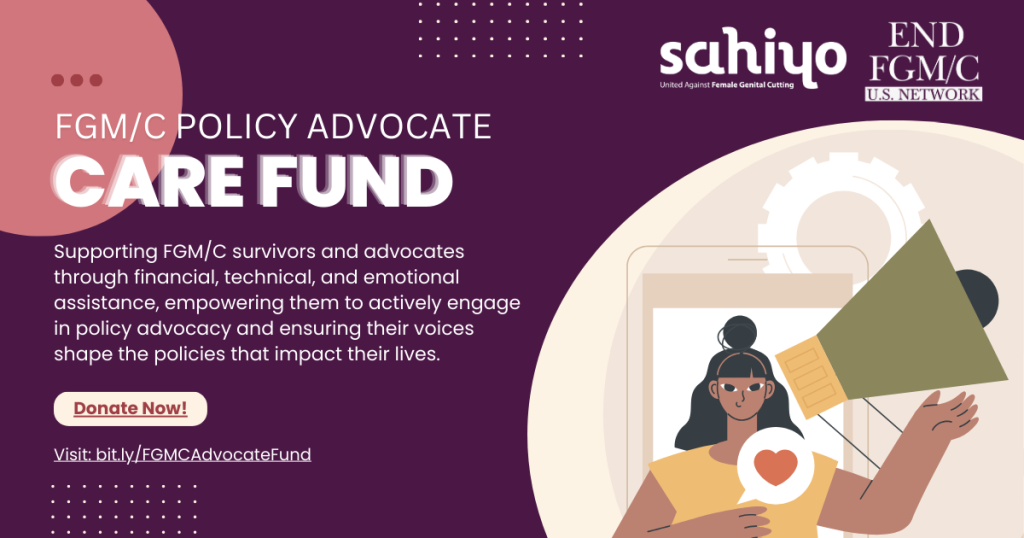
In late 2025, Sahiyo introduced The FGM/C Policy Advocate Care Fund, a partnership between Sahiyo and The U.S. End FGM/C Network. This fund was created to provide resources to the incredible advocates and activists working to end this harmful practice and support survivors of FGM/C. The goals of this fund are as follows: Empower survivors and individuals from communities impacted by female genital mutilation/cutting (FGM/C) Enable survivors, activists, and advocates to actively engage in education and policy advocacy Ensure that activists are fairly compensated for their contributions, recognizing that they are often overlooked and underfunded The advocates and activists who support the movement to end FGM/C work tirelessly and often face numerous challenges with a lack of resources. That is why this fund is so important. Below, our incredible policy intern Sara Khattak explains why the fund is needed, how it will support both survivors and advocates and how the resources provided by this fund are crucial to help pass more legislation on FGC. “Help a change maker, FGM/C affects millions worldwide and over 500,000 people in the U.S. Policy advocacy is crucial for change especially in the nine U.S. states still lacking FGM/C legislation. The FGM/C Policy Advocate Care Fund empowers survivors and advocates to lead the charge and make lasting change.” [youtube url=”https://www.youtube.com/watch?v=5-CxnR5xkwk”] If you want to help the movement to end FGM/C, then there is no better way to do it than by donating to The FGM/C Policy Advocate Care Fund. Donate today!
Intern Spotlight: Policy Intern Rachel Aguilar

Rachel Aguilar is a fourth-year at the University of Chicago where she is a Dean’s, University, and Dewey Scholar. She majors in Political Science and minors in Inequality, Social Problems, and Change. Rachel recently joined Sahiyo as a Policy Intern. How did you first get involved with Sahiyo? I first got involved with Sahiyo because I was intrigued by the organization and despite learning about FGM/C in other countries, I did not know that it occurred in the US. Learning that even the “husband-stitch” was considered FGM/C, got me interested in interning for Sahiyo and supporting the movement to end FGM/C. What does your work with Sahiyo involve? I am a policy intern! This means that I work to support Sahiyo and various policy-focused state coalitions in their work. I help write and review information packets, compile contact information, reach out to partner organizations, track legislation and official statements, and more. How has your involvement with Sahiyo impacted your life? Working with Sahiyo has exposed me to issues within our society, legal, and healthcare systems that I was not previously aware of. It is empowering to be involved with work that aims to support women. I am also incredibly grateful to have an opportunity to experience and participate in the policy process. What words of wisdom would you like to share with others who may be interested in supporting Sahiyo and the movement against FGC? FGM/C affects more people than you can imagine. I encourage people to educate themselves and find ways to get involved. Supporting Sahiyo and the movement against FGM/C can be as simple as signing a petition or writing a blog post.
Sahiyo’s response to recent Executive Orders by the Trump Administration
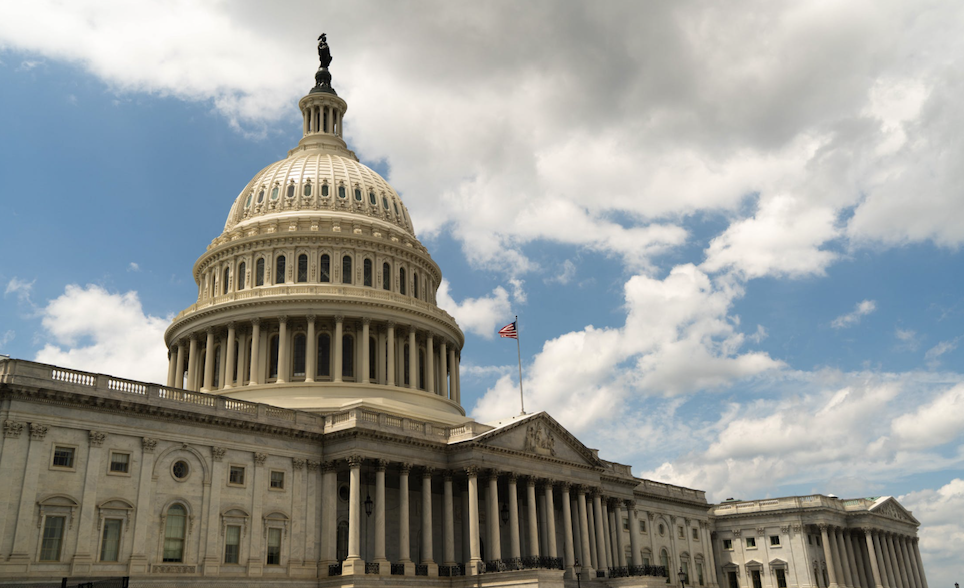
To our Sahiyo community, We realize that the past few weeks have been stressful to say the least. With the new administration’s slew of Executive Orders targeting the most vulnerable and the dismantlement of DEI programs at various organizations, we acknowledge that fear and trepidation are on the rise. If you’re in need of support, please check out the resources at the end of this blog. We admit: we’re also concerned. It’s disturbing watching the Trump administration blatantly conflate FGC and gender-affirming care. As we explained in a recent blog, this not only endangers trans and LGBTQ+ youth but also survivors of FGM/C. Additionally, we know that the recent attempt to freeze federal funding has worried many of you given the potential it has to impact critical programs and resources for our community. We want to assure all of you that Sahiyo is working to secure more funding and continue our programing to support survivors. We’re also working hard on no longer relying as much on government funding given it’s not a reliable source these days. To do that, though, we need your help. We understand these are hard times for everybody, but any kind of monetary donation would help us continue our work during the Trump era. Please, if you can, donate here. In the meantime, we hope you are all taking care of yourselves and each other, and know that we will get through this together. With love and in solidarity, Sahiyo Helpful resources: Our partner, the Asian Women’s Shelter, has a helpful crisis line for FGC survivors (1-877-751-0880) Rape / Sexual Abuse / Incest National Hotline (RAIN): 800-656-4673 Members of the LGBTQ community can call 1-866-488-7386 or visit www.thetrevorproject.org The South Asian Network provides a variety of health and wellbeing resources along with useful information to help immigrants protect themselves BlackLine Crisis Call Line: 1-800-604-5841 The National Hispanic Family Health Helpline, Su Familia: 1-866-783-2645 Dial 988 or visit www.988lifeline.org if you or somebody you know are in a crisis or experiencing thoughts of suicide Psychology Today is a large directory connecting you with therapists, support groups, psychiatrists, and other mental health professionals in your area or virtually The ACLU provides information on your rights if you come into contact with or are questioned by immigration officers
Sahiyo condemns recent executive order conflating female genital mutilation/cutting with gender-affirming care
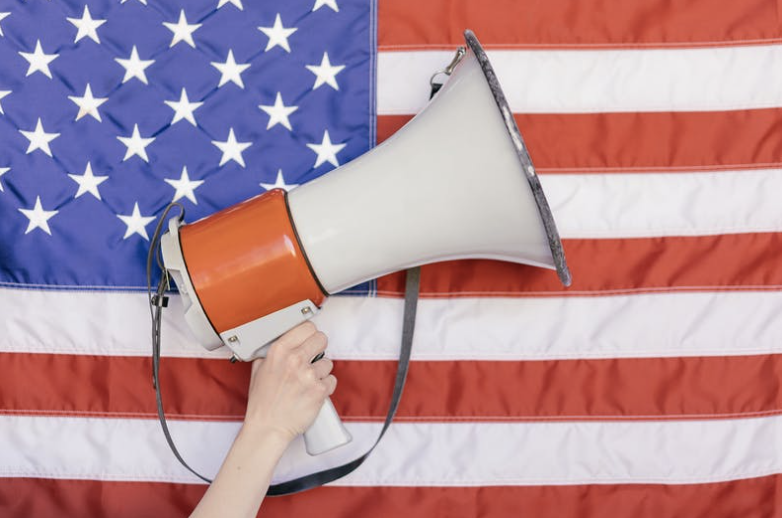
At Sahiyo, we are disheartened and frustrated by the harmful conflation between female genital mutilation/cutting (FGM/C) and gender-affirming care made in a recent Executive Order issued by the Trump Administration. While this is unfortunately not the first attempt made by government officials to co-opt anti-FGM/C legislation to criminalize gender-affirming care for transgender and non-binary youth, the use of the Presidential platform to uplift discriminatory rhetoric and instill fear is shameful and must be addressed. FGM/C comprises all procedures that involve partial or total removal of the external female genitalia, or other injury to the female genital organs for non-medical reasons. The practice has no health benefits for girls and women, and causes severe bleeding, problems urinating, as well as cysts, infections, and complications in childbirth and increased risk of newborn deaths, to name a few negative outcomes. The STOP FGM Act of 2020 made it clear that FGM/C was illegal in the United States. These hard-fought legal protections for FGM/C survivors and those at-risk at the federal level must be preserved by calling out the Trump Administration’s inflammatory rhetoric for what it is: an attempt to dilute the protections already in place to protect survivors of FGM/C, and those at-risk of undergoing FGM/C to harm and discriminate against another vulnerable community. Sahiyo stands with survivors of FGM/C, some of whom also identify as transgender and non-binary, and who have prompted Sahiyo over the years to create programming that can better support their intersectional realities. In fact, Sahiyo studied the intersection between FGM/C and LGBTQIA+ issues in our Critical Intersections Research Project. From our work with survivors, our research, and our experiences, we recognize that there are several key differences between FGM/C and gender-affirming care, namely the fundamental issues of consent and bodily autonomy. FGM/C is a human rights violation performed without consent that compromises the bodily autonomy of children and has negative physical and mental effects that can last a lifetime. Gender-affirming care is a medically necessary form of care that includes a diverse array of interventions to align one’s identity with their sexual characteristics; this care is only provided with the consent of the individual. Research has also shown that these treatments lead to decreased rates of depression, improvement in psychosocial functioning, and minimal long-term side effects. In other words, FGM/C takes away bodily autonomy, while gender-affirming care preserves the bodily autonomy of the individual. For additional information and research, we encourage you to read When Protecting Girls Is Twisted Into Attacking Trans Youth: FGM/C Survivors Fight Back Against Transphobic Right-Wing Narratives. In Solidarity, Sahiyo
Calling CT Residents to Action – Ban FGM/C in Connecticut

Connecticut legislatures have recently introduced House Bill 6596 to protect girls and women from female genital mutilation/cutting (FGM/C). Connecticut is one of only nine states without legislation protecting children from FGM/C. FGM/C is a human rights violation and an extreme form of gender-based violence which causes severe physical and psychological damage. The introduction of this bill is a result of countless hours of advocacy from survivors and activists alike. The work, however, is not done! Connecticut has not yet made it clear that FGM/C is an intolerable criminal offense in the state. Right now, in Connecticut alone, at least 2,658 women and girls have been subjected to or are at-risk of undergoing FGM/C. Surrounding states, such as New York and Massachusetts, have already banned FGM/C, potentially making Connecticut a refuge for those seeking to continue the harmful practice. It is up to the residents of Connecticut to demand that their state legislators prioritize the passage of this bill – which also would seek to create community education and outreach programs to address the human rights violations in the broader public. Want to help us make Connecticut the 42nd state to protect women and girls from FGM/C by encouraging and supporting the passing of this bill? Sign our Call to Action and urge your state representatives to ban FGM/C. All you need to do is fill out your contact info and then hit send. The rest (what is in brackets) will automatically be filled out for you and sent to your legislator. Thank you for your support!
Press Conference Announced In Honor of International Day of Zero Tolerance to Female Genital Mutilation/Cutting (FGMC)
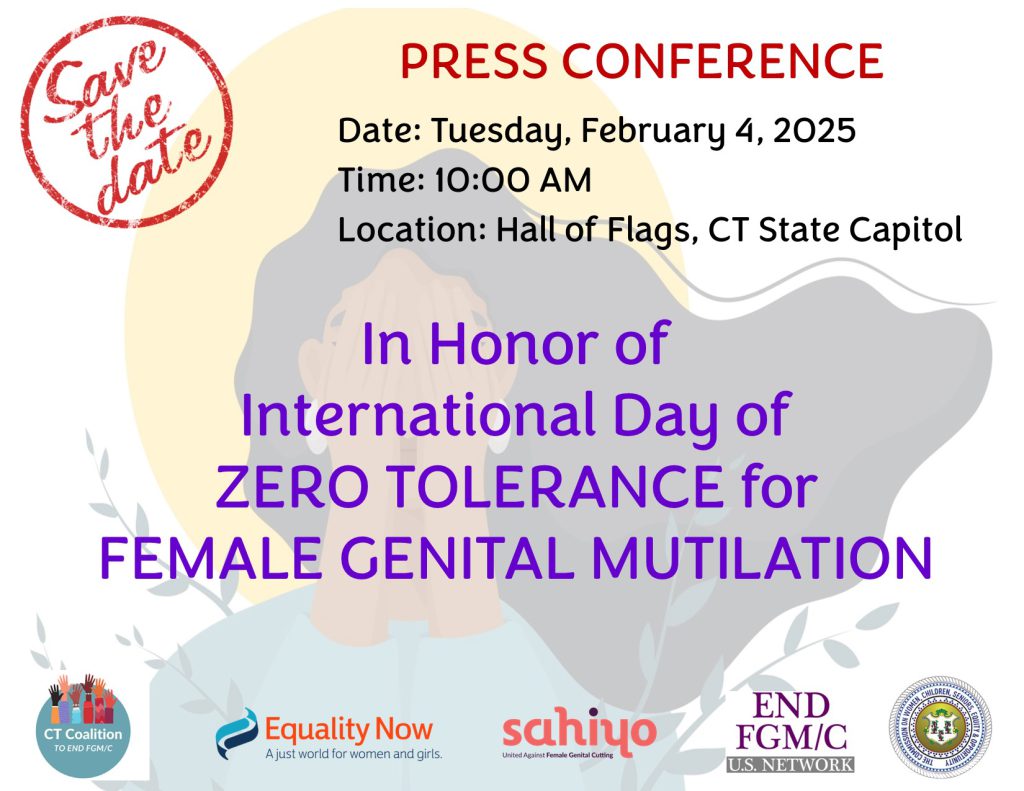
Hartford, CT – In Honor of International Day of Zero Tolerance for Female Genital Mutilation/Cutting (FGMC), State Representative Jillian Gilchrest and State Representative Nicole Klarides-Ditria along with the Connecticut Coalition to End FGMC will hold a press conference to raise awareness about this critical issue, discuss ongoing advocacy efforts, and highlight House Bill 6596: An Act Concerning The Prevention Of Female Genital Mutilation, a proposed bill to prohibit the practice of FGM/C in Connecticut. Connecticut remains one of only nine states without legislation banning this harmful practice. An art installation visually representing the number of women and girls who have undergone or are at risk of FGM/C in Connecticut will be installed on the lawn of the State Capitol before the press conference and will be available for viewing all day. Event Details: When: Tuesday, February 4, 2025, at 10:00 AM Where: Hall of Flags, Connecticut State Capitol Agenda Highlights: Opening Remarks: Representative Jillian Gilchrest & Representative Nicole Klarides-Ditria will welcome attendees and outline current legislative efforts to pass a law protecting all girls from FGM/C in Connecticut Remarks from the Lieutenant Governor: Susan Bysiewicz will read the Governors proclamation and make a few comments Survivor Testimonies: Hear from survivors Zehra Patwa and Mariya Taher, who will share their lived experiences and perspectives Medical Expertise: Dr. Kate McKenzie, Director of the Yale Center for Asylum Medicine, will provide insights into the medical and psychological impacts of FGM/C Legislative Call to Action: Bipartisan leaders will discuss the importance of uniting to enact protective legislation Q&A Session: Media representatives will have the opportunity to ask questions and engage directly with speakers Why This Matters: Female Genital Mutilation/Cutting is a grave violation of human rights, with devastating health consequences for millions of girls and women worldwide. Despite its global recognition as a harmful practice, FGM/C remains a concern that demands urgent attention and action. Members of the press, advocates, and the public are invited to attend this critical event to learn more about the fight against FGM/C and how Connecticut is taking a stand. For additional information or to schedule interviews: Rep. Jillian Gilchrest (D-18 district) Phone: 860-240-0492 Email: Jillian.Gilchrest@cga.ct.gov Rep. Nicole Klarides-Ditria (R-105 district) Phone: 860-240-8700 Email: Nicole.Klarides-Ditria@cga.ct.gov Rosemary Lopez, CWCSEO Women’s Legislative Policy Analyst Phone: 959-900-5805 Email: Rosemary.Lopez@cga.ct.gov Join us in standing for a future free from FGM/C in Connecticut. Together, we can make zero tolerance a reality. Related: Interview with Zehra Patwa of the Connecticut Coalition to End FGM/C The Connecticut Coalition to End FGM/C Interview Series: Caitlin LeMay
Learning the complicated history of passing FGM/C legislation in Maine

By Sophia Lynn Jones As a Maine resident, I was surprised to learn that my state is one of nine left in the U.S. without any laws protecting children from female genital mutilation/cutting (FGM/C). Upon doing more research, I discovered Maine’s complicated history of attempting to pass anti-FGM/C legislation, as well as the intersectional issues surrounding the two bills and one ballot initiative, on FGM/C that had been introduced in the state. Both bills had bipartisan support, however, after the bills were introduced to the State Senate and House floors, the issue of passing the legislation addressing FGM/C became highly partisan. A large point of contention was whether there should be criminal consequences for any parent or guardian who knowingly consents to a minor undergoing FGM/C. Timeline of Proposed Legislation: Bills 2017- LD 745, and HP 525, were introduced in 2017. Both laws would have made it a Class B crime to, (a) perform FGM/C on a minor “for nonmedical purposes,” (b) for a parent or guardian to consent or permit FGM/C to be performed, and (c) for a parent or guardian to remove the minor from the state for the procedure. Despite a Senator attempting to bring an amendment to the floor that removed the language making it a crime to consent to the procedure, the bill did not pass by one vote and later died between the House and Senate. Bills LD 1819, and HP 1261, were proposed in 2018 and sponsored by Representative Heather Sirocki & Cosponsored by Senator Mason. These bills would have made it a Class A crime to, (a) perform FGM/C on a minor, (b) knowingly transport a minor outside of the state for the procedure, and (c) knowingly consent to the procedure. The bill also called on the Department of Health and Human Services (DHHS) to develop a program that includes: community-based education, outreach and provision of support service to victims, training for mandated reporters, and distribution of educational materials about the health risks, emotional risks, and legal prohibitions/penalties of FGM/C. Although this bill passed in the Senate, it later died in the House. Another reason that led to the bill’s death, was that in 2018, emails were released that showed State Representative Heather Sirocki, was in contact with the national office and local chapter of ACT! For America, to garner support for an event she was hosting to promote her anti-FGM/C bill. ACT! For America, is an anti-Muslim hate group founded in 2007 that is known for promoting “anti-Sharia” legislation, pushing anti-Muslim conspiracy theories, and spreading fear of Islam within America. There were concerns that having ACT! For America presenting at an event promoting anti-FGM/C legislation would promote false stereotypes that FGM/C is connected to Islam, and target immigrant communities in Maine. A report by the American Immigration Council reported that in 2021, 3.8% of Maine’s population consisted of foreign-born individuals, and 1.4% of native-born Americans had at least one immigrant parent. Representative Sirocki denied reaching out to ACT! For America, claiming that the emails only show her responding to a request for information about the Bill. Sirocki also claimed to have anecdotal evidence that FGM/C was actively occurring in Maine. Then Governor Paul Lepage, stated during a press conference that the MaineCare health program paid out numerous claims for mutilation-related care, including treatment for children injured in Maine. The Maine DHHS refuted these claims stating that the treatments described were for conditions that wouldn’t likely be for children but rather for adult survivors of FGM/C. These controversies surrounding proposed FGM/C legislation in Maine and, overall, the intersectional nature of the issue of FGM/C, have made it challenging to move legislation forward. In addition to the two bills being introduced, a potential ballot initiative was introduced by petition to be included on a 2020 ballot that would have allowed citizens of Maine to vote on the issue, and if passed would have become a state statute. This approach was taken following the previous failed legislative initiatives, demonstrating the desire of citizens to pass this legislation. The 2020- Maine Crime of Female Genital Mutilation Ballot Initiative would have criminalized FGM/C being performed on a minor with a punishment of up to 30 years of incarceration and up to a $50,000 fine. However, the initiative did not even make it onto the ballot because the initial petition failed to gather enough signatures from Maine citizens to be considered by the ballot initiative deadline. Even with all these challenges, the initial bipartisan support that has been given to this issue in the past gives me hope that in time and with the right political climate, and with survivors pushing the way, Maine can eventually come up with agreed-upon language for a bill that addresses FGM/C holistically and comprehensively. One day, our state will join the 41 other U.S. states protecting girls and women from the harmful practice of FGM/C.
The Washington Coalition to End Female Genital Mutilation/Cutting Interview Series: Amie Kujabi
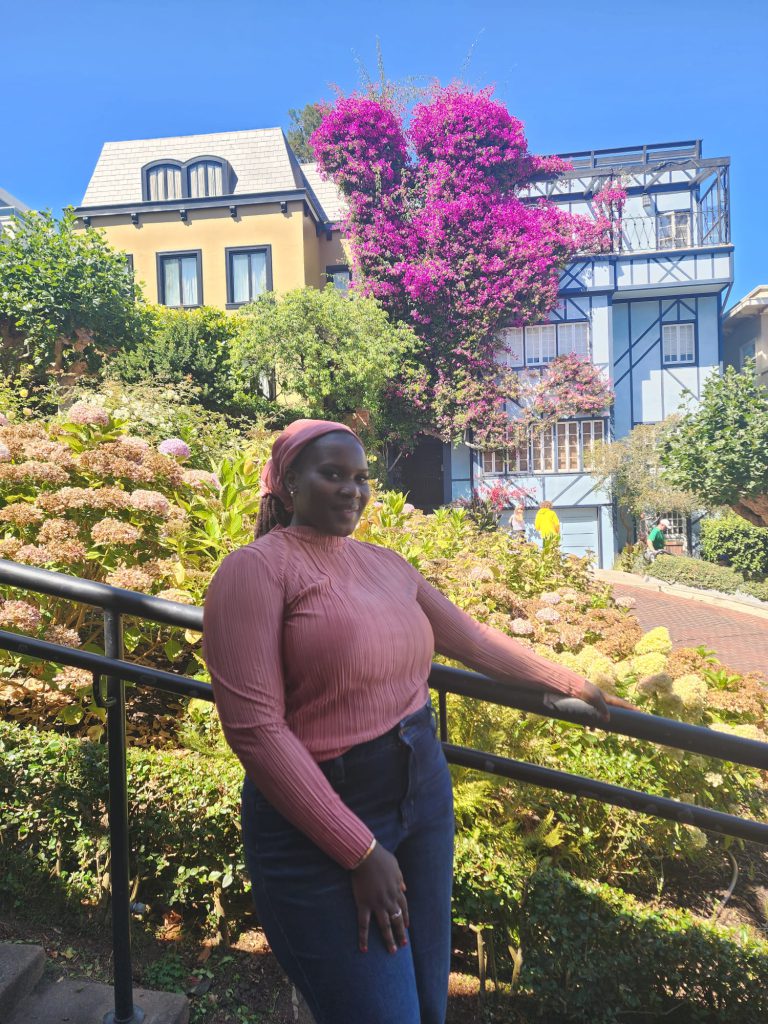
By: Sara Khattak Recently, policy interns at Sahiyo have been interviewing members of the Washington Coalition to End FGM/C to learn more about coalition member’s important work toward creating policy on female genital cutting (FGC). Sahiyo’s policy intern, Sara Khattak, talked to coalition member Amie Kujabi, a prominent advocate in the work to end FGC. Amie Kujabi, originally from The Gambia, has been involved in working to end violence against women since she was a teenager. Her personal experience as a survivor of female genital mutilation/cutting (FGM/C), has shaped her path as an advocate. Amie’s involvement with the Washington State Coalition began in late 2022, when her friend and former colleague Absa Samba introduced the group to her. Amie’s role within the coalition took on new significance when she gave testimony during hearings for Senate Bill 5453, which aimed to end FGM/C in Washington State.Amie believes that survivors’ testimonies are crucial in the policy-making process. “When you look at it, there are people that have been affected by this harmful practice, and sharing your story also boosts the importance of why certain policies or actions need to be taken.” By putting a face to the issue, survivor’s stories help lawmakers and the public understand that FGC is not just a theoretical problem but a real threat affecting lives in their communities. While Amie has received overwhelming support for sharing her story, she’s also faced some challenges from those trying to justify the practice. She emphasizes the importance of education and awareness, noting that many people, including some from practicing communities, don’t fully understand the harmful effects of FGC. Amie has observed significant progress in the work to end FGC, particularly in her home country of The Gambia, as well as other African nations. She credits much of this progress to young people taking the lead in advocacy efforts against the practice. “Young people of our generation are actually taking the lead in trying to speak out and advocate for policy change… I believe that has really impacted where we are today.” Amie stresses the need for strong, comprehensive policies that address both prevention and response. She emphasizes that laws against FGC not only protect those at risk but also provide avenues for survivors to share their stories and access necessary services. “Both those at risk and the survivors have a huge advantage to benefit from the existence of these laws.” She highlighted the need for services like counseling and therapy for survivors, as well as education to combat misinformation rooted in cultural or religious beliefs about FGC. Amie encourages more people to get involved in the work to end FGC, whether they’re survivors or not. “You don’t have to be a survivor to join the cause.” She calls for greater collaboration and networking among organizations, recognizing that the issue of FGM/C intersects with many other social and health concerns. For those considering sharing their own stories, Amie acknowledges the courage it takes but also the potential impact that survivors’ stories can have. “It takes a lot of courage and discernment,” she said, advising individuals to engage only when they feel comfortable and safe to do so. As we continue the work to end FGC, Amie’s parting message emphasizes the need for comprehensive support for survivors: “Prevention is important, responding is important, but the provision of services is equally important for survivors.” By ensuring access to professional support services, we can encourage more survivors to come forward and join the cause. Amie Kujabi’s story is a powerful reminder of the impact one voice can have in the movement to end FGC. Through her advocacy and courage in sharing her personal experience, she is helping to shape policies and change lives. As we move forward, let us heed her call for greater involvement, improved services, and continued dedication to ending this harmful practice. We extend our gratitude to Amie for her invaluable contributions and insights. To learn more about our ongoing work and other interviews, visit Sahiyo’s website. To learn more about Amie and her journey, watch the video below. [youtube url=”https://www.youtube.com/watch?v=N9qHrN_nbMQ “]
How can you, as an ordinary person, help end female genital cutting?
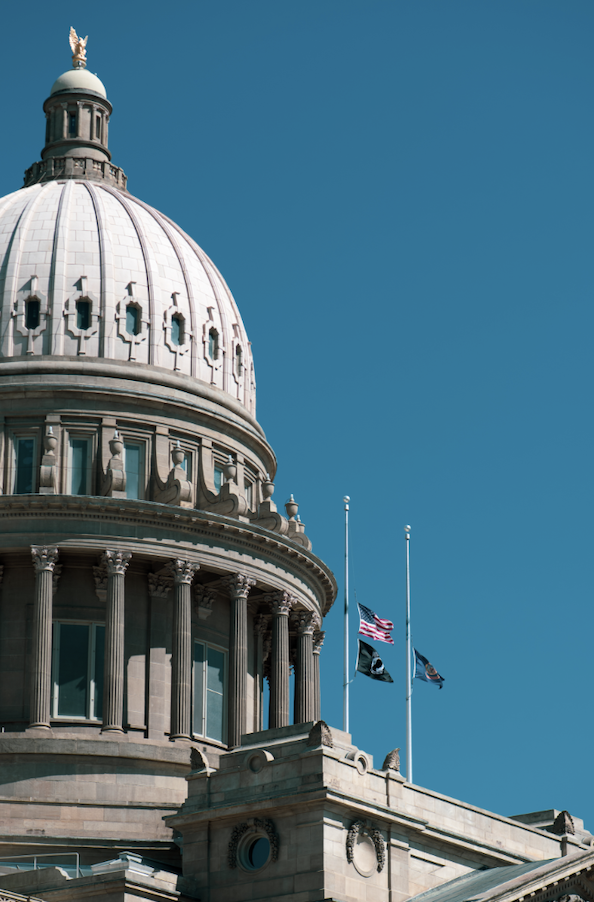
By: Sara Khattak We hear a lot of sayings about creating change. “You can make a difference” is a common phrase used to inspire people to become more engaged in the world around them. But that phrase isn’t always helpful. How do people actually make a difference? Most Americans rely on their elected officials to fulfill their promises to create change structurally in order to better our country. However, most Americans aren’t consistent voters. This makes it difficult to voice opinions through elected officials who may not be the best suited to represent their constituents. Therefore, it is important to not only become a voter but to be fully politically engaged. A few months ago, I attended a webinar hosted by API-GBV on advocacy and issues education, and I’ll be sharing what I learned from the session. One thing I learned for sure from the webinar is that, if you want to create visible changes on issues you care about, such as addressing female genital cutting (FGC) then you need to take action yourself. Here are some practical ways you can get involved politically in the movement to end FGC: 1. Contact your Elected Officials First, figure out who your local and state elected officials are, and what they stand for in terms of health, women’s rights, children’s rights, safety from violence, and other related topics. This website is a great place to start. Also, check this map to see if your state has laws against FGC. Next, consider all the possible opportunities that you may have to speak with your representative, this may include: town halls, civic activities, program tours, meet and greets, and congressional visits. Decide which one is best for your education and advocacy purposes. 2. Schedule a Meeting You can also schedule an in-person meeting with your representative. The process for setting up a meeting is slightly different depending on whether you are contacting a federal, state, or local level official: For your federal officials, you can check their schedule on senate.gov or the house.gov websites. After that, call and set up a meeting with your representative. The Capitol building’s phone number is 202-224-3121. Tell whoever is scheduling the meeting the following: “I am a constituent and would like to set up a meeting with my representative.” For contacting state or local officials, start with your state or town’s legislature’s website. They should also have a calendar and a point of contact for specific representatives. A few of the good days for setting up meetings are on Mondays and Fridays during the legislative recess, but be sure to also check the legislative calendar for additional availability such as non-voting days, days when committees aren’t meeting, or office hours. 3. Know Your Talking Points: When preparing for your one-on-one meeting, keep in mind a few key points: First, focus on the key message that best supports your position. End FGM Network, the Connecticut Coalition to End FGM/C, and the Washington Coalition to End FGM/C all have a plethora of resources you can reference when it comes to discussing FGC. Make a specific request, such as supporting or introducing legislation against FGC. An effective method to convey your message is by giving testimony. Testimonies, such as this one from the Washington Senate Hearing at the 54 minute mark, will help to humanize the issues that you are advocating for. A recording of a testimony is a video of someone giving a formal statement or providing evidence during an official government hearing. If there’s a specific bill being considered, you can submit written testimony to the relevant committee. You could also highlight any organizations that offer program activities relevant to your cause. Bringing written materials can also be very helpful in reinforcing your message; make sure to bring extra handouts to leave behind with the representative. Most importantly, do your homework on government officials beforehand. Share personal stories to make your issue more relatable and make a specific request of your representative. This might be the first time your representative has ever heard of FGC. Note any programs in your state that help with advocacy or supporting survivors, and what further support is needed. If you are uncomfortable sharing personal stories connected to FGC and those who you know are connected to it, the Voices to End FGM/C website is a great resource for showcasing how FGC impacts individuals globally. The power of storytelling in helping survivors heal and educate people on FGC is a vital tool in legislative advocacy. These stories help explain to legislators that FGC is impacting their constituents in their districts. Finally, leave time for questions and be sure to say thank you at the end of the meeting. Avoid guessing about information if you’re unsure. If you don’t know something, let them know you can follow-up with additional information addressing the question. Overall, stay on point as these meetings tend to be short. 4. Ensuring continuous engagement and support Once you’ve had a successful meeting, remember to send a thank you note and follow up. By presenting yourself as a resource or point of knowledge on FGC, it will be easier for lawmakers and their staff to work with you. Throughout this entire process, you should monitor developments related to the issue and continue to communicate and advocate through other channels such as social media, public events, and other types of community gatherings. By spreading your message, you can garner more support from your community and engage stakeholders. Creating change may seem daunting at first, however, my main takeaway from the webinar is that advocacy becomes much more manageable once you develop a game plan and take that first step. Remember, don’t underestimate the power of one voice. While addressing the issue of FGC in the United States is complex, your individual efforts can make a significant impact. Whether it is contacting your representatives, raising awareness in your community, or supporting organizations working to end FGC, every action counts. The journey of advocacy
